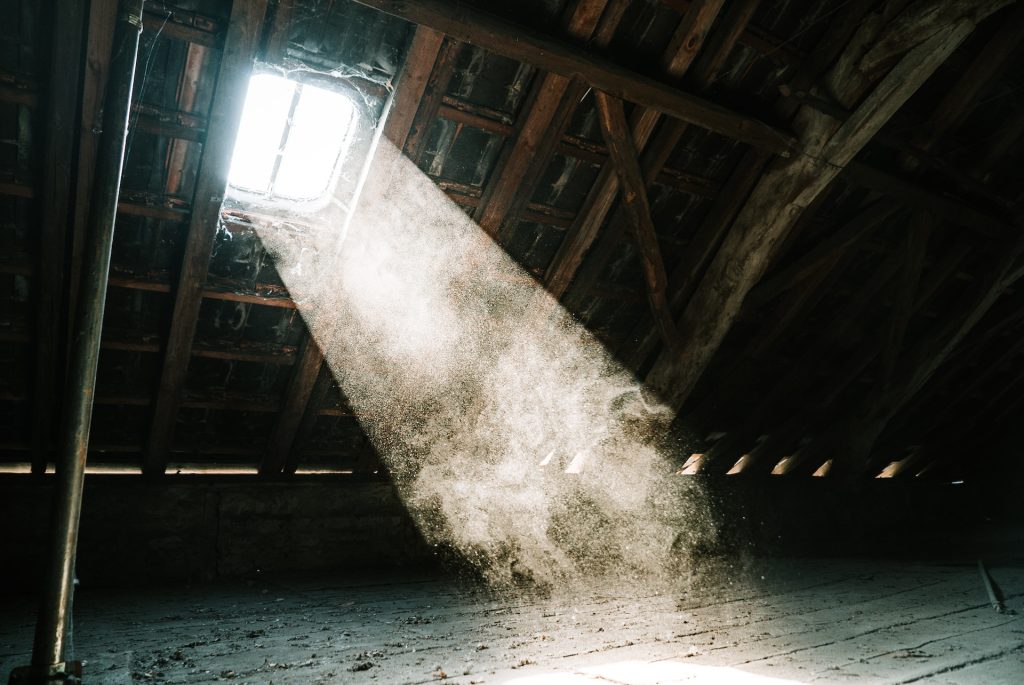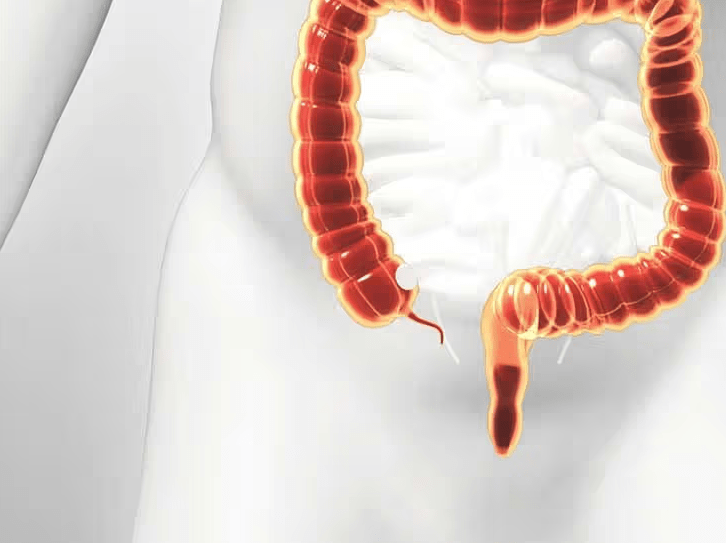Allergies, those unexpected reactions our bodies have to harmless things, can be bothersome or, in some cases, downright dangerous. From pesky sneezes to severe allergic reactions, it’s crucial to understand how to avoid triggers and stay safe. In this guide, we’ll break down the basics of allergies and offer practical tips to navigate the world without triggering unwelcome reactions.

Understanding Allergies
Your immune system’s job is to protect you from invaders, like viruses. But sometimes, it gets a bit too protective, reacting to harmless stuff like certain foods or medications. This immune system overdrive results in what we call allergic reactions, often bringing along symptoms like itchy eyes, sneezing, and runny noses.
Tips for Different Allergy Types
- Insect Bites and Stings:
- Skip fragrant products like perfumes and lotions.
- Keep shoes on when outdoors.
- Sip drinks with a straw to avoid surprises.
- Choose muted clothing over bright patterns.
- Cover your food when dining outside.
- Food Allergies:
- In restaurants, inquire about ingredients and request substitutions.
- Scrutinize food labels for allergen warnings when buying packaged items.
- Inform friends about food allergies before dining at their place.
- Drug Allergies:
- Always communicate your drug allergies to your doctor and pharmacist.
- If a drug is necessary, your doctor might prescribe preventive measures.
- Be cautious with drugs known to cause severe allergic reactions.

Common Food Allergens
Certain foods can trigger severe reactions, and sometimes they hide in unexpected places. Common culprits include milk, eggs, soy, and wheat. Cross-contamination poses a risk, especially with fish, shellfish, peanuts, and tree nuts. Vigilance in checking labels and communicating allergies is key.
Anaphylaxis: When Allergies Turn Serious
Anaphylaxis is the superhero villain of allergies, a life-threatening reaction that hits the entire body. It brings on symptoms like difficulty breathing, a sudden drop in blood pressure, and swelling. Some risk factors include a history of anaphylaxis, allergies, or asthma. It’s essential to stay vigilant and prepared if you fall into any of these risk categories.
Staying Safe Despite Allergies
Preventing allergic reactions is ideal, but sometimes, despite our best efforts, they occur. Here’s what you can do:
- Inform Your Inner Circle:
- Make sure friends and family are allergy-aware.
- Educate them on what to do in case of an emergency.
- Wear a Medical ID Bracelet:
- Let the world know about your allergies discreetly.
- Buddy System:
- Outdoor activities are more fun with a friend.
- Never go it alone, especially if severe allergies are in the picture.
- Emergency Kits:
- Carry an epinephrine auto-injector or bee sting kit at all times.
- Have 911 on speed dial, and keep your phone close.

Allergies don’t have to be the villains in our story; armed with knowledge and a few precautions, we can coexist safely. Whether you’re dodging insect bites, scrutinizing food labels, or preparing for the unexpected, staying allergy-aware is the key to a safer journey. So, go ahead, explore the world, armed with the know-how to keep allergies at bay.





